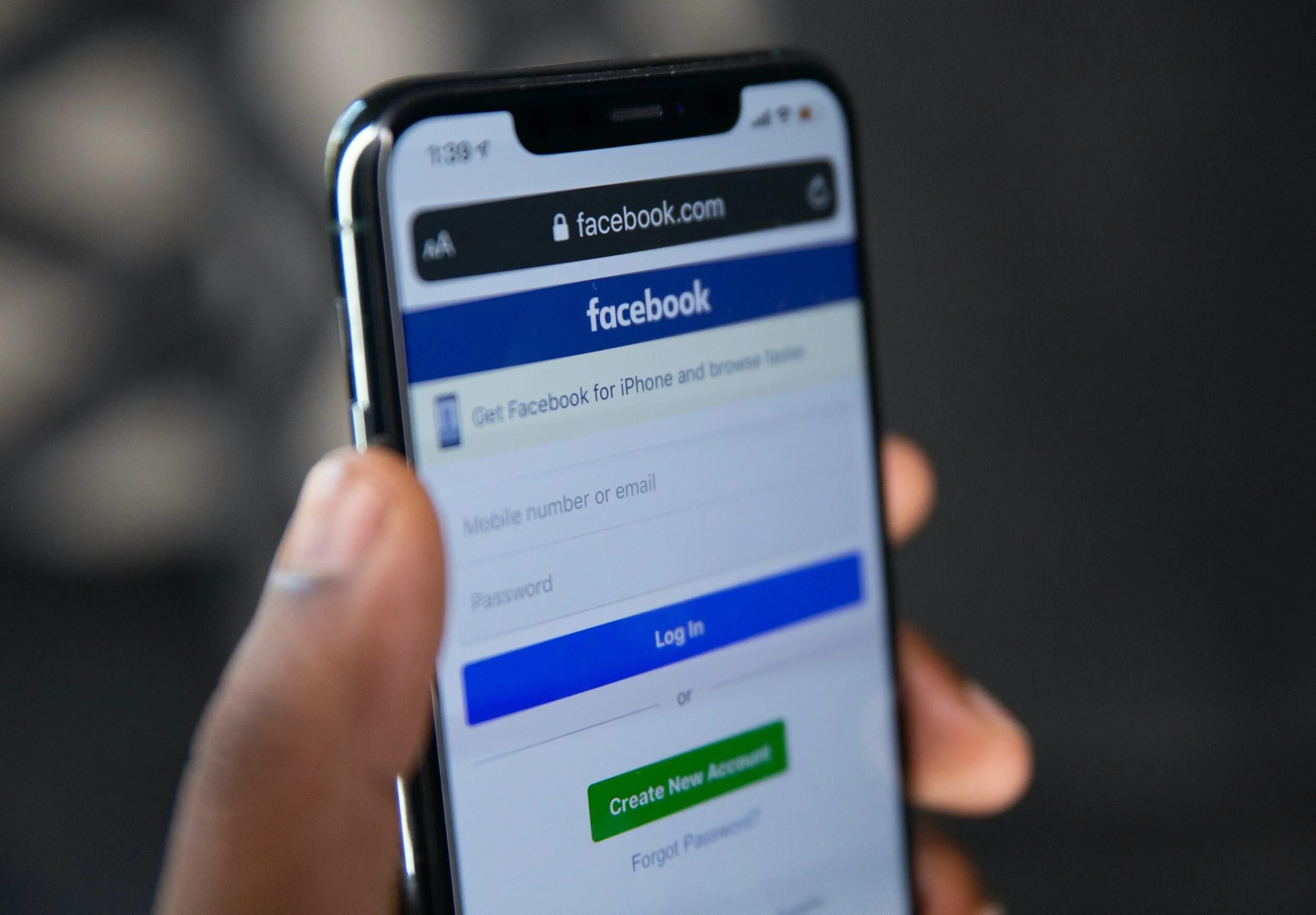If you are not paying on Facebook, Google, or a host of other companies that rely on your data for their success - you are the product. Facebook customers in particular are becoming uneasy as stalker-ish levels of advertising and engagement are reaching tipping point, but they are not the only culprits. Apple has addressed the problem head on in it’s new operating system design, and Facebook aren’t happy.
Apple said at its annual developers conference in June that it would introduce a feature to iOS that required users to give apps permission to track them across various apps and websites. This is a common practice, but users are often unaware of it because it's buried in the terms of service or privacy policies. Who reads those?
With the iOS update, iPhone users will see a pop-up that explicitly says an app wants to track them. App developers can use this pop-up to explain how user data will be used. Facebook, for example, uses this data to show people personalized ads. The pop-up will also give users a chance to opt out of tracking. Many probably will.
That's bad news for Facebook since a large part of its business model is based on tracking pretty much everything we do online. What's more, Facebook would rather users not think about that reality very often. The last thing Facebook wants to do is have to ask users every time they open the app if they have permission to track them.
What's Apple's argument?
Apple says its changes give users more control over their data and transparency into what is collected.
"If a business is built on misleading users, on data exploitation, on choices that are no choices at all, it does not deserve our praise," Cook said during a speech last month in a thinly veiled jab at Facebook. "It deserves reform."
The view isn't new. In the wake of the Cambridge Analytica scandal, Cook told tech journalist Kara Swisher and MSNBC's Chris Hayes that "if our customer was our product, we could make a ton of money. We've elected not to do that."
Facebook has a poor track record when it comes to user privacy, and it seems unlikely that users will give it permission to track them. The company's reputation for protecting privacy was tarnished by the 2018 scandal involving Cambridge Analytica, a UK political consulting firm that harvested the data of up to 87 million users without their permission.
Mark Zuckerberg, Facebook’s founder, defends their business model, saying ads allow the social network to offer the site to users for free. "If we're committed to serving everyone, then we need a service that is affordable to everyone," he said in a 2019 op-ed in The Wall Street Journal. However, Facebook's extremely profitable business model is most vulnerable when people start to realize exactly how much information the company collects, and the ways it monetizes that information. That, ultimately, is what bothers Facebook about iOS 14 - it makes it clear exactly what's happening with your privacy, and gives you the ability to opt-out.
However if most people opt out of sharing their information so they can be advertised to, many apps and services designed on this business model will have to fund their businesses in other ways.
Author
Robert Dew is a Founding Partner at CapFeather Global with more than 2o years of corporate consulting and university lecturing in Innovation, Customer Strategy and Customer Experience. His PhD related to improving creativity in strong corporate governance environments. He doesn’t use Apple or Facebook.


